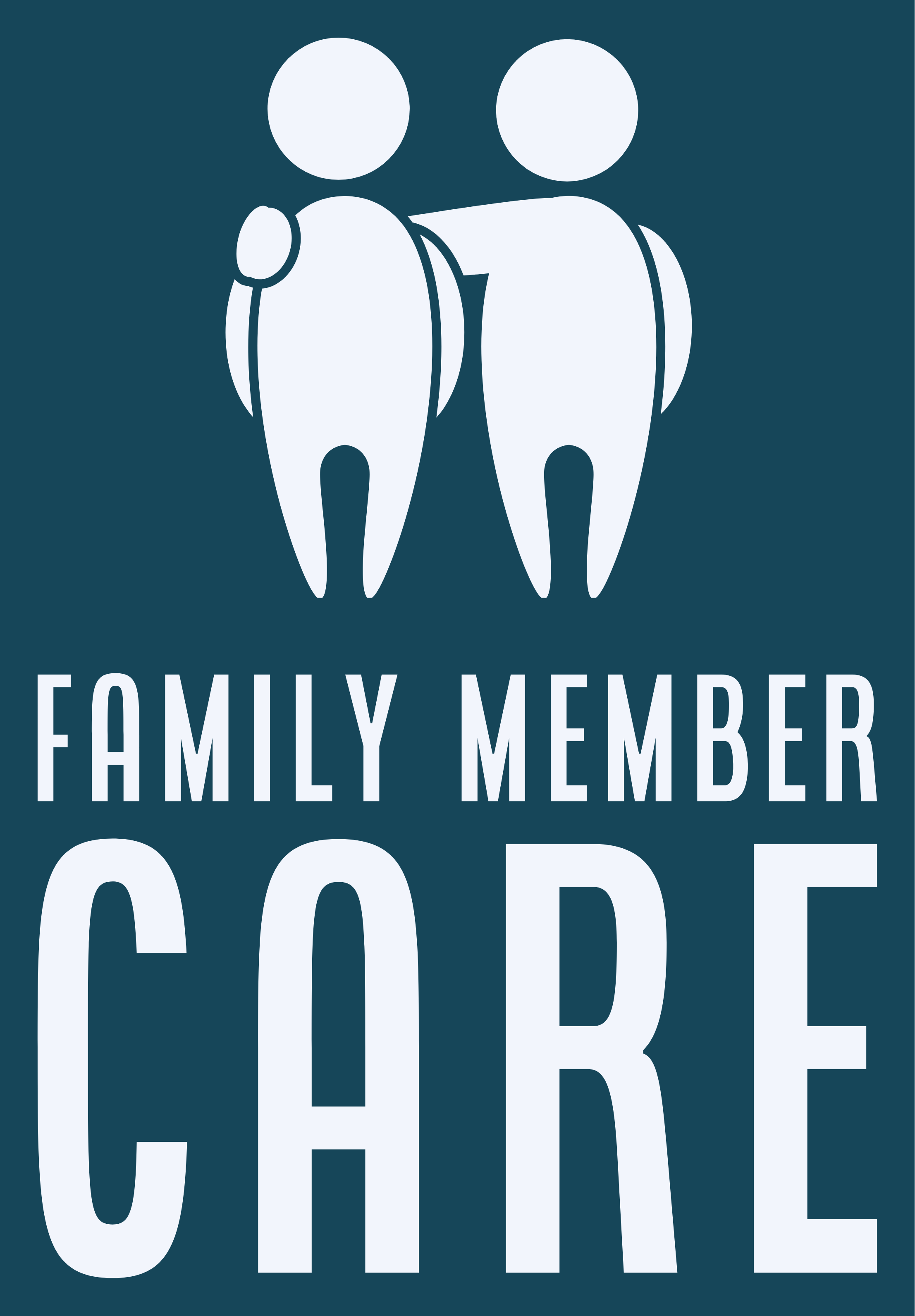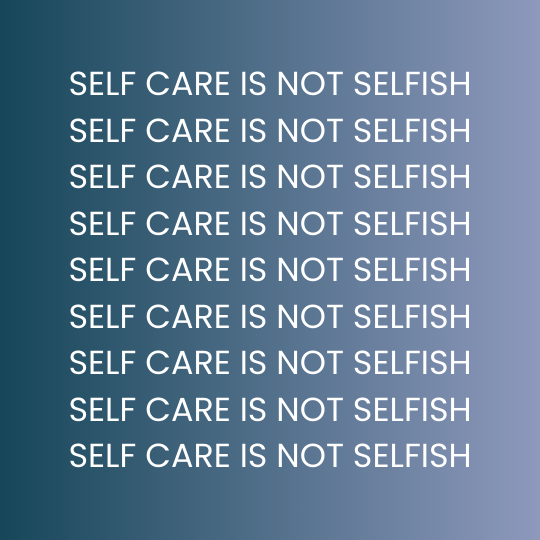Being a caregiver can be incredibly rewarding, but it also comes with its own set of physical and emotional challenges. Caregivers often find themselves juggling various responsibilities, from managing medical appointments to keeping track of their loved one's health records.
But it's crucial to remember that taking care of oneself is just as important.
In this article, we'll explore effective strategies for balancing self-care and caregiving, allowing caregivers to maintain their mental and physical health during challenging times.
The Significance of Self-Care for Caregivers
Caregivers are known for their unwavering dedication, but this commitment can lead to burnout and health issues if self-care is neglected. Here's why self-care is essential:
Preserving Mental Well-being - The emotional demands of caregiving can be overwhelming. Prioritizing self-care can help alleviate stress, anxiety, and depression, safeguarding your mental health.
Prioritizing Physical Health - Neglecting your own health can result in physical problems. Regular exercise, a well-balanced diet, and sufficient rest are vital for maintaining physical fitness.
Ensuring Quality Care - To provide the best care, you must be in good health yourself.
Strengthening Relationships: Taking time for self-care enables you to be more patient, empathetic, and engaged with your loved one, strengthening your relationship.
Self-care ensures that you have the energy and stamina needed for caregiving tasks
Effective Strategies for Balancing Self-Care and Caregiving
Balancing self-care and caregiving is achievable with the right techniques. Here are some practical tips to help you maintain your well-being:
Embrace a Support System - Don't hesitate to accept help from family, friends, or support groups. Delegating tasks and responsibilities can lighten your load.
Establish Clear Boundaries - Setting boundaries is crucial to prevent caregiver burnout. Where and when you can, designate specific times for self-care and communicate your needs to others.
Prioritize Self-Care Activities - Identify self-care practices that resonate with you, whether it's reading, mindfulness, regular exercise, or pursuing hobbies. Schedule these activities regularly.
Explore Respite Care - You don’t need to do everything yourself! Investigate respite care options that provide temporary relief from caregiving. It allows you to take a break, recharge, and return to caregiving with renewed energy.
Foster Social Connections - Maintain your social connections and seek emotional support. Conversations with those who understand your role can provide valuable insights and emotional relief.
Stay Informed - Knowledge is empowering. Educate yourself about your loved one's condition and caregiving techniques to feel more confident in your role.
Mindfulness Practices - Incorporate mindfulness and relaxation techniques into your daily routine. Breathing exercises, meditation, and yoga can reduce stress and enhance focus.
Prioritize Health Check-ups - Don't neglect your own health. Schedule regular check-ups with healthcare providers to address any health concerns promptly.
Self-Care: A Vital Component of Caregiving
Balancing self-care and caregiving is not a luxury; it's a necessity. Your well-being directly impacts your ability to provide quality care for your loved one. By implementing these strategies and making self-care a priority, you can continue to be the best caregiver possible while safeguarding your own mental and physical health.
Remember, you're not alone in this journey. Seek support when needed, practice self-compassion, and never underestimate the positive impact that self-care can have on both you and your loved one.
If you think Family Member Care might be able to help you out, please check out a 7-day free trial here.


